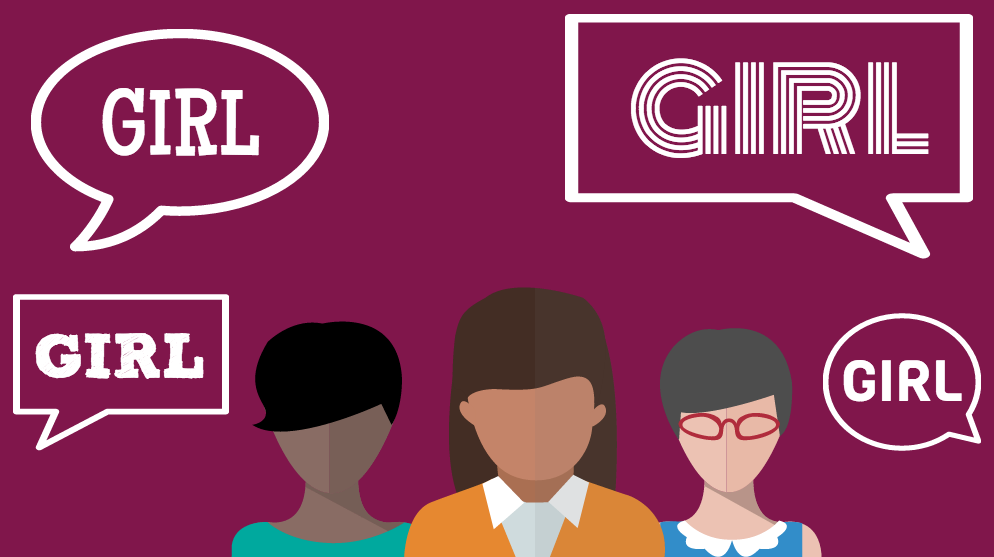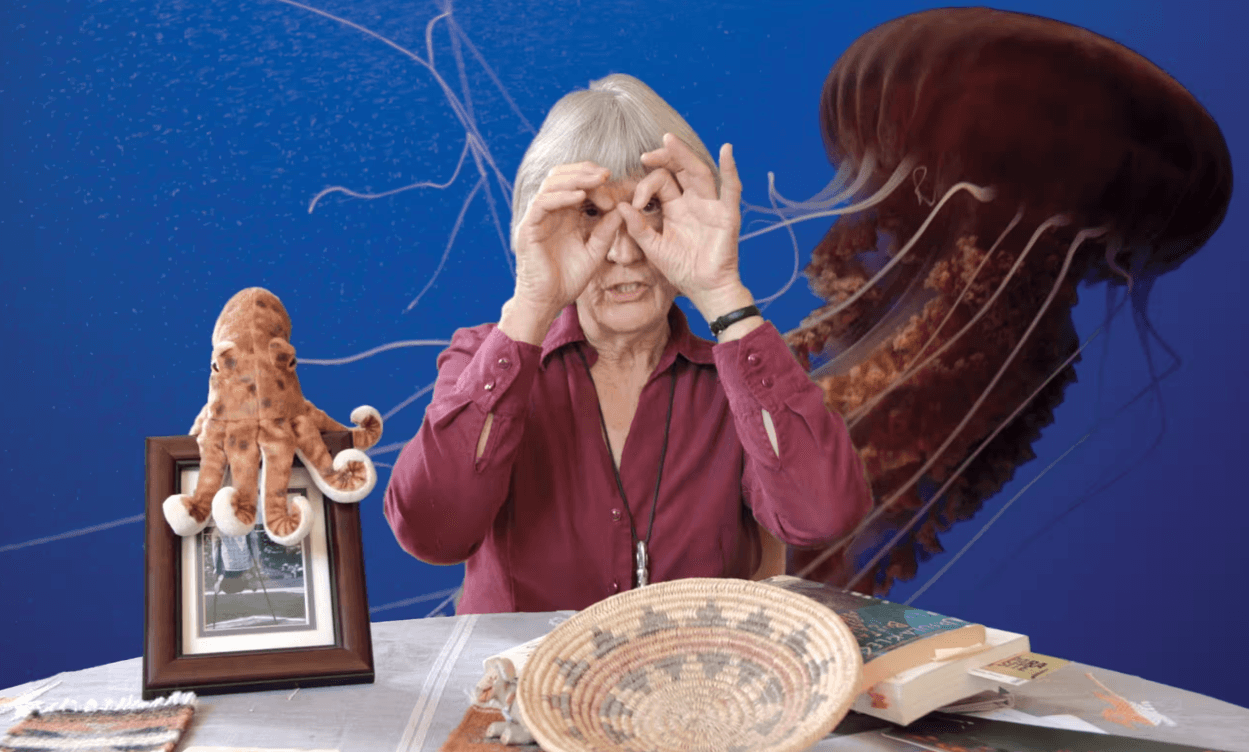We often come across women of various ages being referred to as girls. Though usually said without malice or much aforethought, this seemingly harmless habit can have complex and often grave implications upon women and their empowerment.
The way we use the terms ‘girl’ and ‘woman’ interchangeably doesn’t exist in our usage of the terms ‘boy’ and ‘man’. An adult man is almost never referred to as a boy in a professional, social, or even a casual setting, but when it comes to acknowledging that women as adults and not girls, we tend to overlook it and pretend there barely exists any difference between the terms and what they imply.
When we think of the term ‘man’, we picture a person with complete bodily anatomy, sense of responsibility and control over his life. A man who is reasonable, capable of making important decisions, and someone who is capable of critical thinking and possesses a certain degree of intellectual prowess.
An adult man is almost never referred to as a boy in a professional, social, or even a casual setting.
As far as the term ‘boy’ goes, we picture a child, because of this very clear distinction between who a boy is and who qualifies as a man. We easily accept that all adult males are men and not boys and calling them the latter will be considered offensive in most settings.
But this distinction and the need to use the proper term seems to be lost by the time the discussion shifts to women. It’s considered acceptable in almost all types of settings, including professional ones, to call women of varying ages ‘girls’.
In this short video, the language of politics and the politics of language are put into perspective for us by Mayim Bialik’s take on why we should stop referring to women as girls:
This rather trivial mistake in language usage might seem inconsequential to most people, but it is not. It not only has negative effects on the lives of individual women but also on the entire struggle of women.
Referring to adult women as girls infantilizes them. It promotes the idea that they are childish, overly-emotional and thus, bad at making sound, practical decisions. That they are incapable of taking up responsibility or being in complete control of their lives, just like a child.
This furthers the idea that woman ‘need’ someone to ‘take care’ of them because essentially, all they are is childlike in nature. When we call an independent woman a girl, we disregard everything they have accomplished by saying that they are childlike.
Also, referring to women as girls is a clear testimony to our obsession with wanting women to be young and youthful. Women are told they are desirable only if they fit the mould of the young, beautiful woman. There is a social construct to ‘preserve their youth’ for as long as possible. The very idea of older women having sexual desires is considered to be gross. We only allow women who are young to be sexual beings (that too, based on specific circumstances).
What follows is the creation of an atmosphere where there is a dichotomy of working ‘girls’ and powerful ‘men’ at play.
The image of the young, innocent girl as an object of sex is all over media and pop-culture today. In most Eastern cultures, women are expected to be child-like, innocent, and submissive, in order to be appealing to men. The idea of pretending grown women are essentially girls that are child-like and naïve, thus perfect for male gaze inevitably leads us to see teenage girls in the same light as well.
This also leads to toxic attitudes towards women in the workplace. It creates an atmosphere where there is a dichotomy of working ‘girls’ and powerful ‘men’ at play. When we constantly infantilize working women, we inevitably create an atmosphere where they cannot be equal to their male colleagues who aren’t seen as boys.
Another issue that the constant infantilizing of women brings about is in the sphere of dating and relationships. She is always his ‘girl’ but he is always her ‘man’. We never hear women talking about their ‘boys’ or men talking about their ‘women’. It’s always girls and men.
When a man is in a relationship with a girl, it automatically makes him her protector. When we infantilize women in the realm of romantic relationships and dating, we are saying they are helpless, naïve and intellectually inferior who need protection by their ‘men’, just like parents protecting their children.
Though calling an adult male a boy would make most people very uncomfortable, ironically, referring to an adult woman as a woman, instead of a girl, is what makes most people uncomfortable.
Also Read: Mansplaining 101: Why Do Men Explain Things To Women?
Featured Image Credit: Everyday Feminism
About the author(s)




